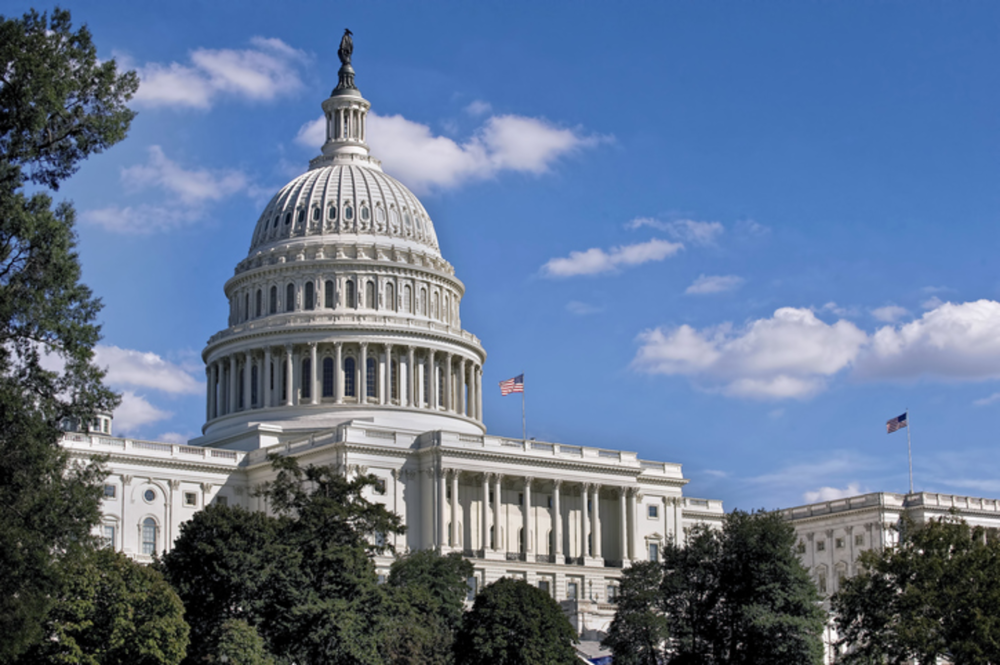Yesterday, the House of Representatives voted to block landmark online privacy protections limiting how Internet service providers use and sell consumer data. The House was voting on Senate resolution S.J.Res.34, sponsored by Senator Jeff Flake (R., Ariz.), which passed the Senate on March 23. The legislation now goes to the White House.
If Trump signs the legislation as expected, the immediate result will be a maintenance of the status quo, as the FCC rules had yet to come into effect.
From customer browsing habits, to app usage history, to Social Security numbers, customer online history is a wealth of information which the legislation will allow ISPs not only to collect, but to sell to marketers, financial firms and other companies that mine personal data. The FCC would also be forbidden from attempting to issue similar rules in the future.
Historically, providers have generated revenue by selling access to the Internet, a multi-billion dollar business. Under the legislation, ISPs will for the first time be on the same footing as companies like Google and Facebook when it comes to collecting and monetizing data. However, some observers point out that Google and Facebook provide a range of free services, whereas ISPs already charge fees. It’s also the case that companies like Google and Facebook do not have access to browsing history, but only to behavior related to their web properties.








